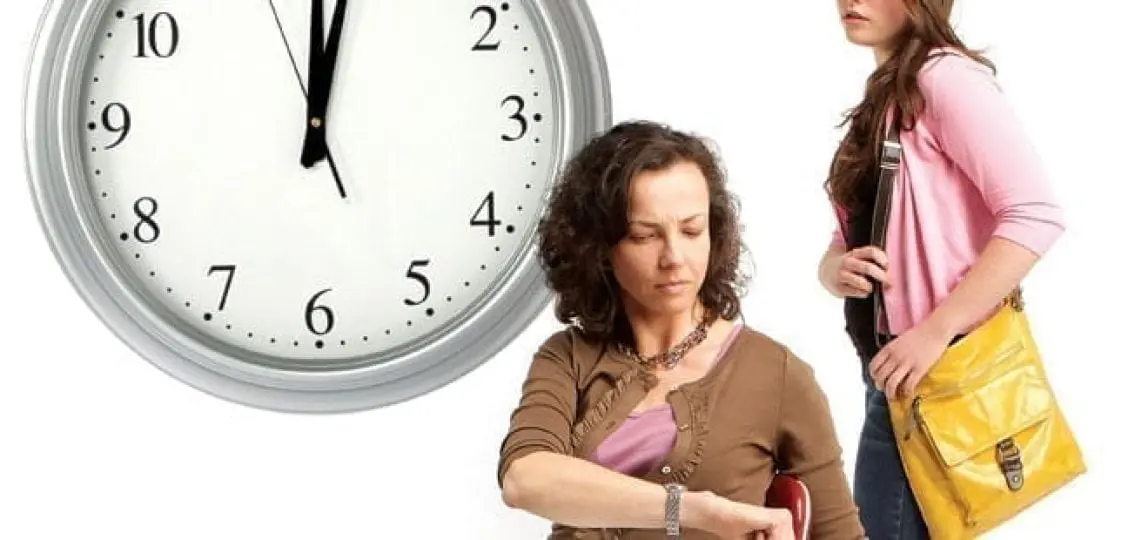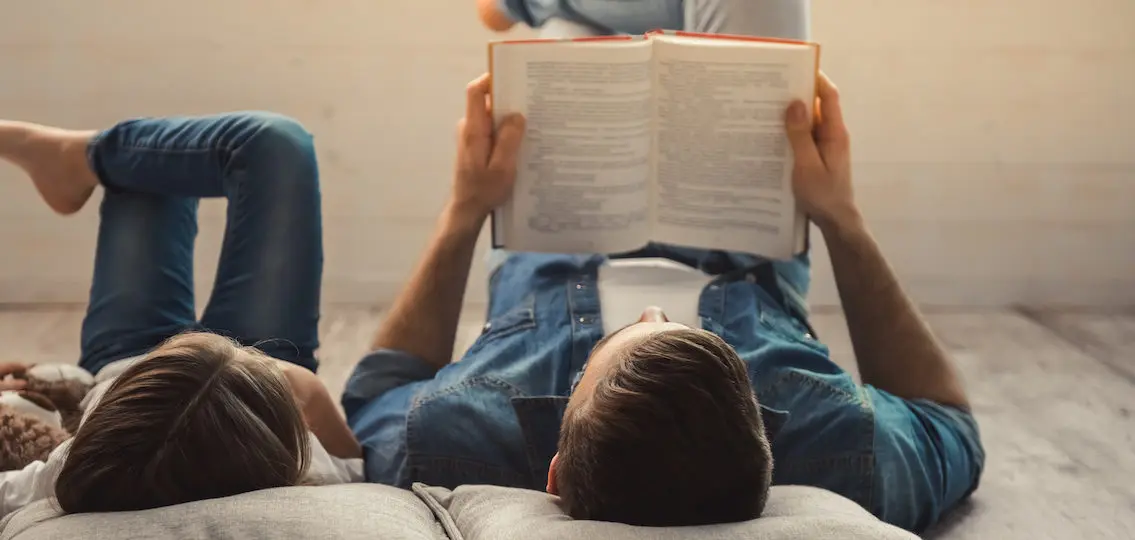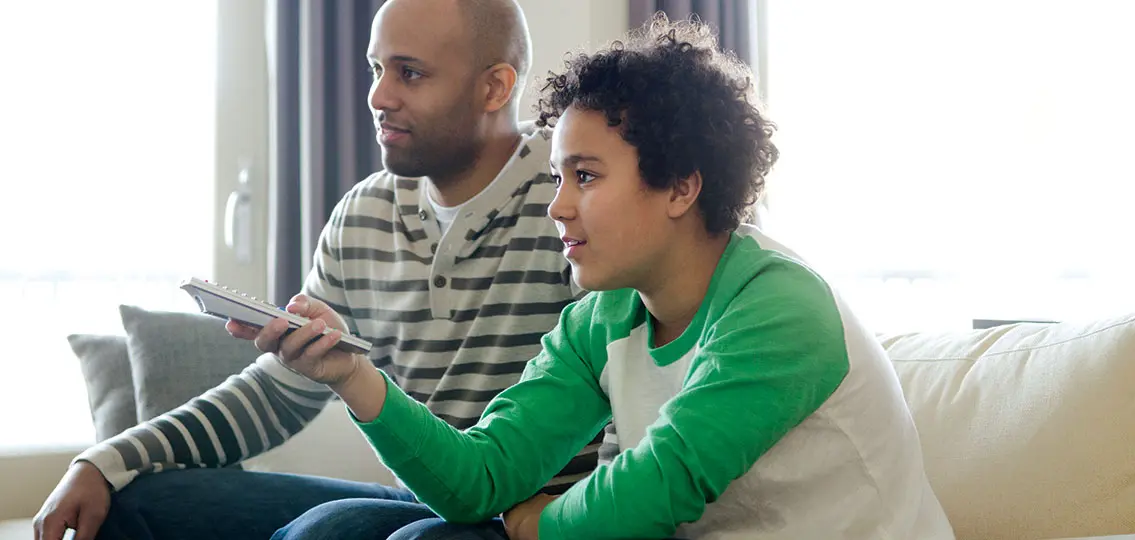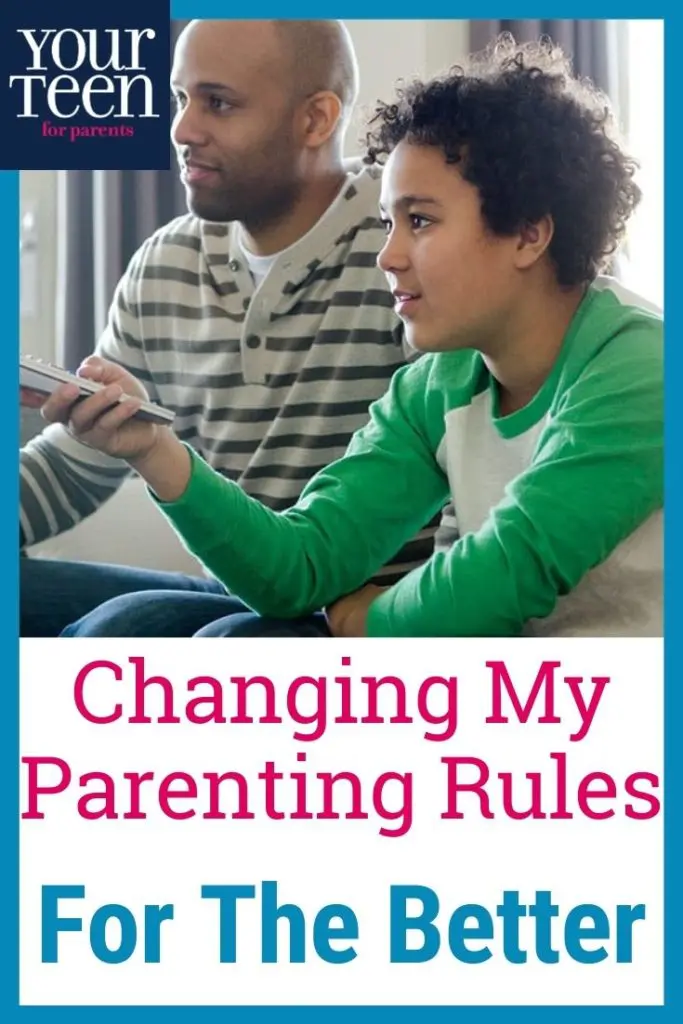Years ago, when my kids were still in diapers, I was eating lunch with colleagues and the conversation turned to video games. A teacher explained how much time her son spent in front of the screen and that he had aspirations of becoming a game designer. She was unsure how to feel about it all in terms of parenting. She was concerned about his screen time, but it was his passion, and he was doing well in school, and seemed confident about his plan.

I made some insensitive remark about how my wife and I planned to limit screen time for our kids and how research shows… blah, blah, blah. For a long time, we did limit screen time. Until our son Nathan turned 13 and started playing Minecraft. I fought it, because I remember how my younger siblings seemed to turn into zombies while playing games in the late 80s and early 90s.
That’s not to say I was completely immune to the draw of video games. In college, my roommates and I ran Madden ‘93 tournaments until our thumbs were sore. But my interest was brief and, other than that college phase, I’ve never really been into video games. It just seemed such a waste of time.
And now I have a son who plays video games for several hours a day.
He’s interacting with friends as they talk, strategize and laugh together. But I still don’t like the amount of time he plays. He doesn’t read as much as he used to. We don’t get to spent as much time with him as we used to. All because he stays up until some ungodly hour and sleeps in until we roll him out of bed.
Recently, I was hounding him about his lifestyle. And he said, “Dad, I’m getting all of my schoolwork done. My grades are solid. I’m exercising six days a week. I’m enjoying time with my friends. So, what’s the problem?”
This was a strong argument coming from an almost 16-year-old who is trying to stay afloat during a pandemic.
“You’re right,” I said, “I guess I’d just like to see you a bit more often.”
He smiled and rolled his eyes. “How much time did you spend with your parents when you were my age?”
Well, he had me.
So, now I steal hugs when I can and ask questions about his schoolwork. I even got to go on a bike ride with him last weekend. He’s doing well and I’ve had to adjust my ideas about how he spends his time.
I’ve had to change my mind about more than just video games over the years.
In my case, having two kids has meant having twice the opportunities to learn how wrong I was to think there could be a one-size-fits-all approach to parenting. The reality of parenting is that being parenting is the way to go.
When our daughter Maddie was born, my wife Michelle and I insisted there would be no Disney princess dolls and no obsession with those movies that left leading ladies waiting for their male saviors. I should have known trying so hard to have my daughter not like something would increase the chances that she would become interested.
Sure enough, when Maddie entered the toddler years, she fell in love with Ariel, Belle, and Jasmine. It didn’t feel right to ban the movies or dolls, but it was important for us to discuss the unrealistic body types and Disney’s gender stereotypes. So, we talked about these with her while she danced and sang the songs. In time, the phase passed and she started asking to wear her older brother’s hand-me-downs.
Now when Maddie talks about her princess stage, she shrugs it off like it was a lifetime ago. She says, “Yeah, I remember that.” At 14, she alternates between skateboarding and facial mask sessions with friends. She’s tough, honest, and confident. The Disney phase did not scar her, as I once worried. But I might have scarred her if I’d lowered the authoritarian boom and disallowed her the opportunity to pretend she was a princess.

I wish I hadn’t acted so sure of myself when I was a young parent. Parenting expectations almost never turn into reality like that.
It’s good to have goals for our children, but I’ve learned a reality of parenting. It’s more important to understand each kid and their individual needs and interests. What seemed like pointless diversions to me were just what my kids needed to energize, connect, and get through the rigors of childhood.






